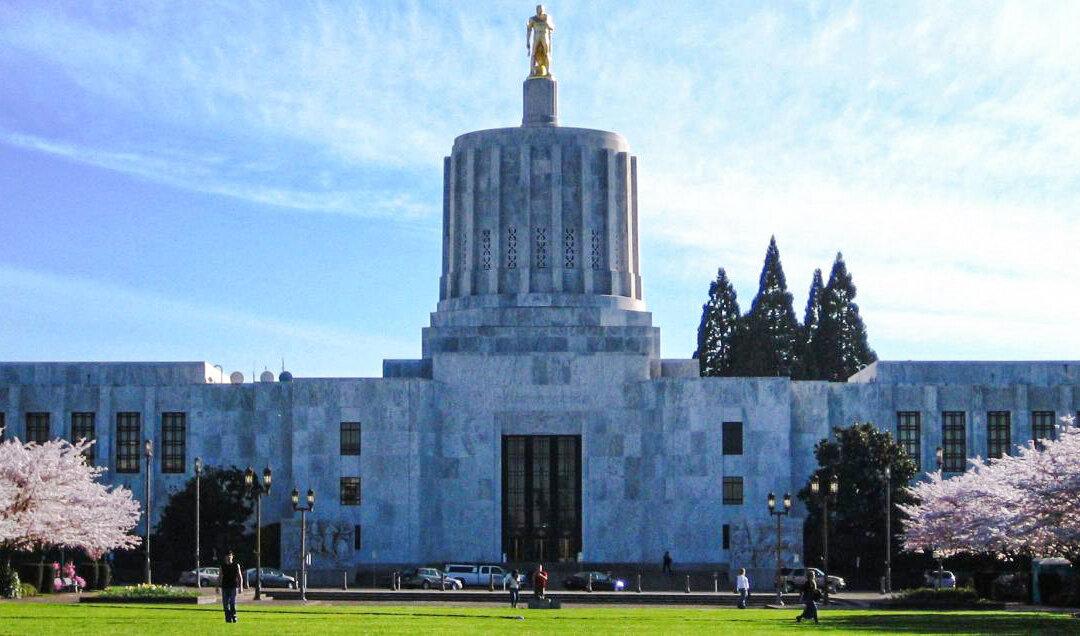Oregon’s youngest students will experience a new emphasis on race, identity, and equity as the state incorporates ethnic studies requirements into the social studies curriculum for all students in K-12.
It will be the first state to do so.


Oregon’s youngest students will experience a new emphasis on race, identity, and equity as the state incorporates ethnic studies requirements into the social studies curriculum for all students in K-12.
It will be the first state to do so.